The “American psyche can be easily manipulated” Sheherazad Jaafari – a press attache at Syria’s mission to the UN – advised an aide to the Syrian president prior to Barbara Walters’ interview with Bashar al-Assad in late 2011. That observation remains just as true now as it was then.
If America’s war on terrorism has turned out to be an abysmal failure in terms of eradicating terrorism, it has nevertheless been extraordinarily successful as an exercise in brainwashing a whole nation. Americans believe in terrorism with close to the same conviction that they believe in God.
“Terrorism” and “terrorist” are absolute terms. There might be small-time crooks but there are no small-time terrorists. The terrorist has become the archetype of evil whose power is treated as almost metaphysical — a threat to whole nations and to a way of life.
Whatever PR advice Assad received early on, it was sound, he took it to heart, and he has remained “on message” even while his international political opponents have become increasingly incoherent.
Assad’s fight is the good fight; the fight that virtually no American dare question: the fight against terrorism.
In Assad’s interview with Fox News which aired last night he said that “80 to 90% of the rebels or terrorists on the ground are Al Qaeda and their offshoots.”
A statement from Michael Clemente, executive vice president of news at Fox News, said that the interview “was conducted with no restrictions on the questions that could be asked,” yet neither Fox contributor Dennis Kucinich nor Senior Foreign Affairs Correspondent Greg Palkot, made any serious attempt to question Assad’s assertion.
They could for instance have pointed out that in a conflict that now involves an estimated 1,000 armed groups, the expressions “rebels,” “terrorists,” and “al Qaeda and their offshoots” grossly over-simplify a complex environment. Moreover, within that array of 100,000 fighters only 10% are believed to be linked to al Qaeada.
Islamic State in Iraq and Syria (ISIS), with its historical ties to the infamous Abu Musab al-Zarqawi, and Jabhat al-Nusra have both been branded terrorist organizations and al Qaeda affiliates yet in Syria are operating as rivals. Furthermore, the complexity of that rivalry is open to differing interpretations even by close observers.
Mohammed Al Attar writes:
Some tend to the view that there is no great difference between the two, with both functioning as two extremist arms of a main body that is Al Qaeda. Others believe that open confrontation between the two is on its way, driven by a dispute over approach and vision and, moreover, over legitimacy of representation. People tell the story of an Al Raqqa-born Front commander called Abu Saad who joined ISIS in the wake of the dispute between the two groups, after Al Nusra leader Abu Mohammed Al Jolani refused to swear an oath of loyalty to Abu Bakr Al Baghdadi. Within months, Abu Saad and a group of mujahideen split from ISIS and re-joined the Al Nusra Front in Al Tabaqa. We heard a number of similar stories in the countryside around Idlib and Aleppo of this reverse migration of fighters from ISIS to the Al Nusra Front. Some attribute this to the predominantly Syrian make-up of Al Nusra as opposed to ISIS, while others talk of the revulsion felt by certain mujahideen towards the excessively extreme and uncompromising practices of ISIS. None of this equips us to make a precise measurement of the numbers and strength of the two groups, but it points to a constant movement between them.
Is there any chance that this kind of analysis might be incorporated into an interview with Assad on Fox News? No way!
Assad knows without doubt that with American journalists and in front of an American audience, the terrorism narrative works. Use the label terrorist and supposedly few other details are necessary.
The terrorism narrative also works in the sense that it has effectively shut down intelligent political discourse on the issue inside the United States.
I don’t think that Dennis Kucinich is stupid or utterly naive and he is surely in no doubt that Assad uses the term terrorist as a label of political convenience to vilify his opponents, yet would the former Congressman be bold enough to challenge Assad by referring to “so-called” terrorists? Not likely. Why? Because if anyone on the left talks about “so-called” terrorists, they will swiftly get jumped on for being soft on terrorism. At the same time, someone like Charles Krauthammer, a bona fide neoconservative and general-purpose supporter of American wars, can freely scoff at Assad’s assertions and refer to “so-called” terrorists confident that he is not going to be accused of being soft on terrorism. The American right, having taken full ownership of the terrorism discourse can speak freely, while the left needs to perpetually monitor itself and polish its national security credibility.
Meanwhile, as Assad takes advantage of easy access to a U.S. media short on analysis, witness the contrast between the deferential treatment being offered to a president who has sanctioned mass killing, versus the zealous denouncing of a 26-year old Syria analyst who is guilty of having padded out her résumé and been less than forthright about some of her affiliations.
I refer to Elizabeth O’Bagy, the analyst cited by Secretary of State John Kerry when he asserted in Congress that the majority of Syria’s rebels are “moderates” — an analyst who it turns out does not possess a doctorate. Alongside working for Washington’s Institute for the Study of War, she also worked for the Syrian Emergency Task Force, “which both lobbies in Washington for the moderate Syrian opposition and does humanitarian work inside Syria,” reports Time.
Those vilifying O’Bagy see her as an easy target because the actions she has been faulted for cannot be easily defended, yet these attacks also, and not incidentally, sidestep the issue of the credibility of her analysis of the Syrian opposition.
It’s as though her lack of a PhD reveals much more about her knowledge of Syria than her six trips to rebel-controlled territory taught her. The fact that she can speak Arabic apparently matters much less than that she was hired by the Syrian Emergency Task Force. And to cap it all, she’s 26 — as though we can overlook the fact that plenty of similarly youthful reporters do not have their journalism dismissed on the basis of their age.
O’Bagy’s critics expose their superficiality and hypocrisy by glossing over the precise basis of her expertise which derived from neither academic credentials nor institutional affiliations but the very thing that hardly anyone in Washington possesses when it comes to Syria: on-the-ground experience.

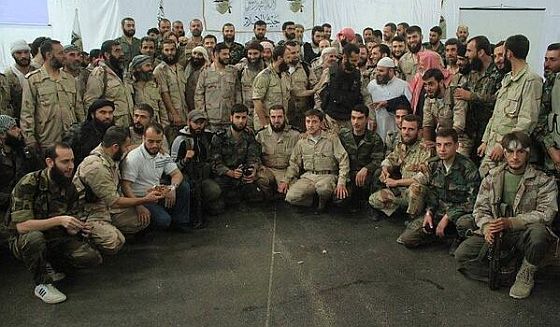
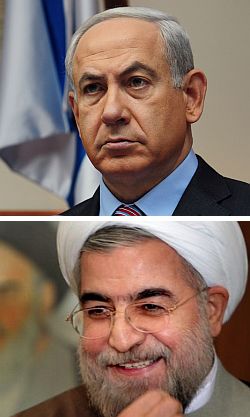 On September 11, Israel’s secret police (Shin Bet) arrested a Belgian windows and roofing salesman who is alleged to be an “Iranian agent … sent to Israel to set up a base for Iranian intelligence and terrorism networks”.
On September 11, Israel’s secret police (Shin Bet) arrested a Belgian windows and roofing salesman who is alleged to be an “Iranian agent … sent to Israel to set up a base for Iranian intelligence and terrorism networks”.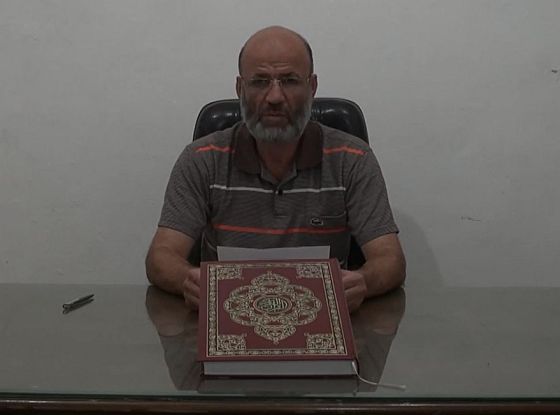
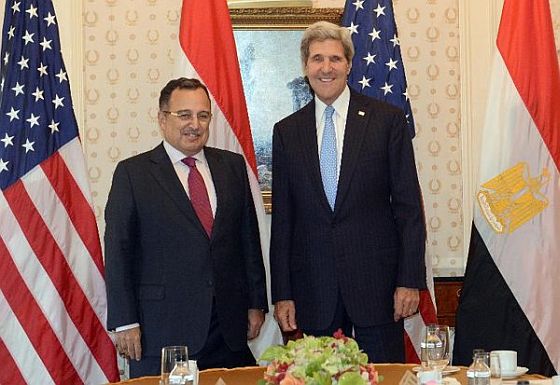
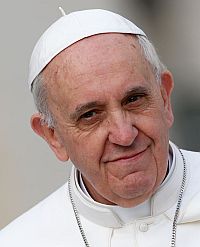 You don’t have to be a Jesuit, or a Catholic, or a Christian, or even religious, to appreciate the new pope. Quite simply, Pope Francis exudes a great deal of humanity and for that reason alone is likely to be of immense influence both inside and outside the Catholic church.
You don’t have to be a Jesuit, or a Catholic, or a Christian, or even religious, to appreciate the new pope. Quite simply, Pope Francis exudes a great deal of humanity and for that reason alone is likely to be of immense influence both inside and outside the Catholic church.